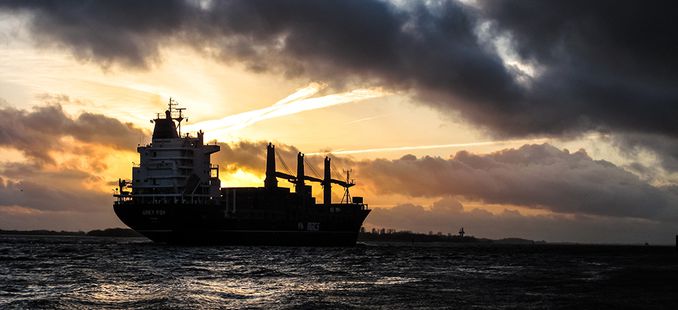
Turku takes an important step in the development of autonomous systems
Applied research of remotely operated, automated and autonomous systems is a globally important area for development work and innovation. Technological development has reached a point where research platforms for reliability verification and validation of these systems can be adequately utilised.
Finland has significant research in this field, resulting in a continuous production of new knowledge. However, vital testing infrastructures for implementations of said research results are still largely missing.
Applied Research Platform for Autonomous Systems (ARPA) is a joint RDI initiative of Turku University of Applied Sciences (Turku UAS) and Novia University of Applied Sciences (for 1.11.2020–31.10.2023). The actions of ARPA concentrate on creating an ambitious new platform for applied research focusing on autonomous systems, which enables different operators' concrete RDI in the field of smart operating environments.
– Turku and Novia UASs both have good references in the applied research of shipping and telecommunications, says Heidi Himmanen, Leading Expert from the Finnish Transport and Communications Agency Traficom. The ARPA project will bring together the existing pioneering expertise Finland has in the fields of automated systems and telecommunications.
The large collaboration network of ARPA involves experts and students of the applicant organizations, industrial partners, SMEs, start-ups, authorities, research communities and international networks. The budget of ARPA is nearly two million euros and it is supported by the Finnish Ministry of Education and Culture with 1,4M€.
– We look forward to the new opportunities to develop and pilot autonomous systems and technologies with other industrial and educational collaborators of ARPA. This project opens great opportunities to the industry and higher education institutions to work more closely together and to develop and pilot significant RDI ecosystems in close collaboration, says Markku Sahlström, CEO of Brighthouse Intelligence Oy.
Turku is an ideal location for testing autonomous systems for various vehicles, because it provides challenging surroundings for several applied research options. Turku Harbour and the archipelago are a unique environment for testing maritime autonomous systems and applications.
– We need to be able to ensure the reliability and safety of autonomous systems before they are introduced in the market. That is why we need testing environments for compatibility and tools to validate the safety of autonomous systems. SMEs rarely have access to this kind of testing environments. Therefore, the testing platforms and operating models developed in ARPA support the pioneering role of the Finnish maritime industry in a unique way, says Mirva Salokorpi, RDI Manager at Novia UAS.
ARPA aims to develop a platform and such digital services that enable innovations and business opportunities while boosting the competitiveness of businesses and research. The severe impact of COVID-19 on the business sector is considered in all ARPA activities. Establishing the platform, digital testing, the utilization of data as well as research on different remote operations can be started and implemented even if the pandemic continues longer than currently anticipated.
– The higher education institutions in Turku want to support the competitiveness of Finnish businesses and open new opportunities for internationalization. These aims and objectives are also guidelines in our strategy. ARPA will provide an excellent platform for boosting businesses locally but also nationally, says Juhani Soini, Vice Rector of Turku UAS.
The ARPA project combines several fields of expertise from Turku UAS and Novia UAS:
• Aboa Mare simulators
• Future Interactive Technologies
• Cyber Security Lab
• Engine and Powertrain Laboratory
• Wireless connectivity and 5G.